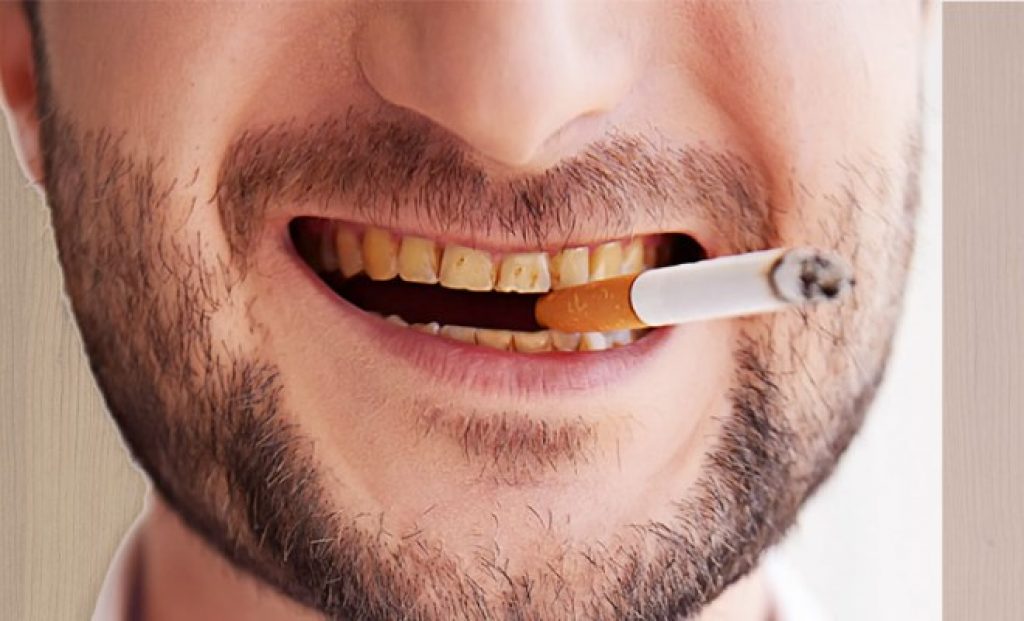Introduction
Most of us are aware of the importance of brushing and flossing daily. We know that a diet rich in sugary foods can lead to cavities, and we understand the need for regular dental check-ups. But there’s one factor that often gets overlooked, and it’s a particularly insidious one – smoking. Cigarette smoking not only poses risk to your overall health but is also a major contributor to tartar buildup and various oral health issues.Let’s will explore the harmful relationship between tartar buildup and smoking and its impact on your oral health.
Regular brushing and flossing can help remove plaque, preventing it from causing tooth decay and gum disease. However, when plaque is not adequately removed, it can harden into tartar. Unlike plaque, tartar cannot be eliminated through regular oral hygiene practices and requires professional cleaning by a dentist or dental hygienist to be removed.
Tartar buildup on your teeth can cause various oral health issues, including:
- Tooth Decay
- Gingivitis
- Periodontitis
- Bad Breath
Smoking and Its Impact on Oral Health

Smoking is a well-established risk factor for a range of oral health problems, including:
- Smoking stains the teeth, leading to unsightly yellow or brown discoloration.
- Smokers are at a higher risk of developing gum disease.
- Smoking increases the risk of tooth loss.
- Smoking is a leading cause of mouth, throat, and tongue cancers.
- Smoking slows down the body’s natural healing processes.
The Harmful Relationship: Smoking and Tartar Buildup
Smoking not only increases the likelihood of tartar formation but also makes it more challenging to remove.
- Smoking can lead to dry mouth (xerostomia), reducing saliva’s effectiveness in cleaning the mouth and protecting teeth against plaque and tartar buildup.
- Smoking hinders the natural self-cleaning mechanisms of the mouth.
- Smoking weakens the body’s immune system, making it less effective in fighting off oral infections.
- The tobacco in cigarettes can lead to a more tenacious and difficult-to-remove tartar, which often necessitates more frequent dental cleanings.
Breaking the Cycle: Quitting Smoking and Preventing Tartar Buildup
Quitting smoking is the most effective step you can take to stop the tartar build up on your teeth. While quitting smoking is undoubtedly challenging, it’s a critical step toward improving both your oral and overall health. When you quit smoking, you can expect the following benefits for your oral health:
- Reduction in Tartar Formation
- Enhanced Self-Cleaning
- Improved Immune Function
- Easier Tartar Removal
In addition to quitting smoking, maintaining a diligent oral hygiene routine is crucial. Regular brushing, flossing, and routine dental check-ups can help prevent plaque from becoming tartar and limit the potential for oral health issues.
Conclusion
In conclusion, smoking and tartar buildup have a harmful relationship that significantly impacts your oral health. Smoking not only increases the risk of tartar formation but also makes it more challenging to remove, creating a vicious cycle. However, by quitting smoking and adopting a comprehensive oral care routine, you can break this cycle and improve your oral health.
